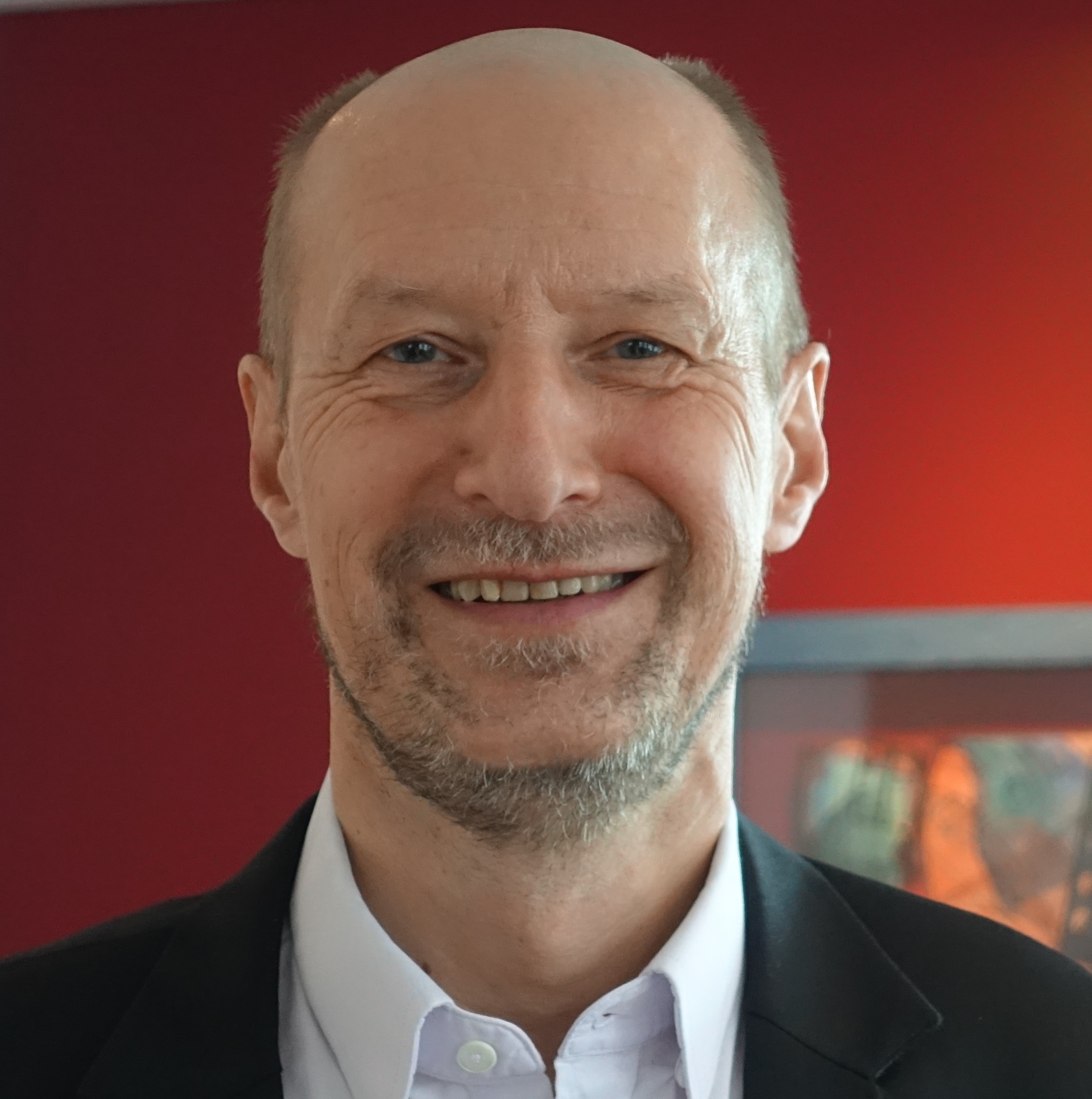The Diplomatic Council has launched a new Global Security Forum to inspire companies and public institutions with concepts how to better react to threats and increase preparedness for external shocks.
Chairperson Jochen M. Richter
Jochen M. Richter has taken over the leadership of the initiative as Chairman of the Global Security Forum. 30 years of EU experience combined with his teaching activities at three universities and inspirations drawn from his membership in the Think Tank European Security Architecture, the Warsaw Security Forum and Romania’s New Strategy Center form the basis for the forthcoming work.
Focus of the Forum
The Forum shall address interdisciplinary challenges concerning autonomous weapons in military security including ethical questions, AI as a tool to mitigate security risks, cyber security including space, security for critical infrastructure, fight against false information and resilience.
Background and Future
After the horrors of the First and Second World Wars, which led to the founding of the United Nations, it was possible to overcome the confrontational situation of the Cold War and subsequently create a reasonably peaceful situation in large parts of the world.
But after three decennia of perceived peace and stability, present times are much more fragile. While this has led to increased awareness, this situation is also marked by some alarmism on the one hand and a kind of ignorance on the other. The need for preparedness is met with a mixture of obvious needs and too often cost analysis seemingly outweighing the benefits.
Society at large needs to (re-)learn resilience concepts. Companies are already analysing how to be better prepared for disruptive scenarios such as broken supply chains. The exchange between military and providers should be stepped up.
Utilising the Global reach of the UN
To this end, the Forum under the leadership of Jochen M. Richter will make use of the global reach of the United Nations. The Diplomatic Council belongs to a select group of Civil Society Organizations with Consultative Status at the United Nations. This is the highest status that a non-governmental entity can achieve. Membership of the closest UN advisory group is awarded by the Economic and Social Council (ECOSOC) of the United Nations. Although it acts independently of the UN Security Council, ECOSOC has an influence on the United Nations' global peace efforts in many respects. The Diplomatic Council explicitly shares ECOSOC's vision that a flourishing economy that brings prosperity to mankind is one of the best peace guarantors worldwide.
Diplomatic Council members can apply to become UN delegates and attend UN sessions in New York, Geneva, Vienna and other locations. The new forum will take advantage of these opportunities to raise its voice at appropriate UN sessions.
Business, Security Experts, Scientist
The Forum is seeking a fruitful mix of expertise from all concerned sectors including using ideas and concepts from academia to create an interdisciplinary reflection group.
The Diplomatic Council has already addressed the issue of "war and peace" in the past with a whole series of measures. Examples include the activities of peace activist Jamal Qaiser and other members at the UN General Assembly in New York and at the Geneva Peace Week. In both New York and Geneva, as well as in other locations, the Diplomatic Council has already organized independent side events on security-related topics as part of UN conferences. In addition, the Diplomatic Council's publishing house (DC Publishing) has published several books in this context, including "How to avoid World War III", "War in Europe - Our worst nightmare" and "The Battle for Taiwan - the most dangerous island in the world".
With the new Global Security Forum, the Diplomatic Council aims to develop a set of best practices and make them available worldwide. Global dissemination is planned via books and the United Nations network as well as through direct coordination with governments and NGS, which have the same high status as the Diplomatic Council.
The Forum also provides mediators around the world to moderate peace processes on request. In addition, the Diplomatic Council Advisory & Professional Services (DCAPS) provides experts to help companies strengthen their resilience, from supply chains to cyber security. The spectrum ranges from consulting to the provision of interim managers who work on site in the companies as temporary managers.
Re-established deterrence to promote peace
This new forum is in line with the core values of the Diplomatic Council’s ambition to promote best practices drawing on the wisdom of business and diplomacy promoting. In the pursuit of peace, the Diplomatic Council does not stop at mere pacifism, but in the spirit of „fighting for peace“.

